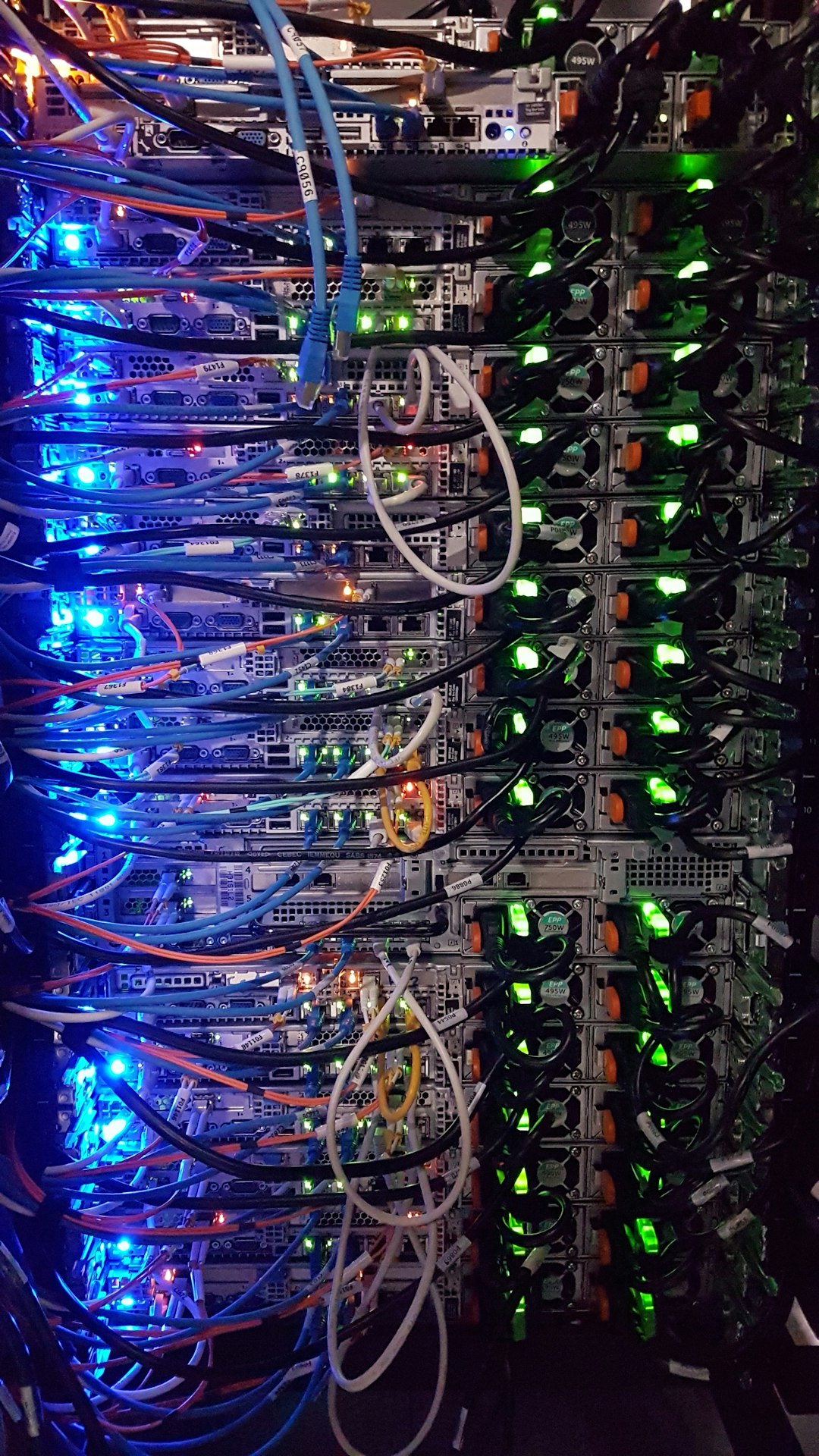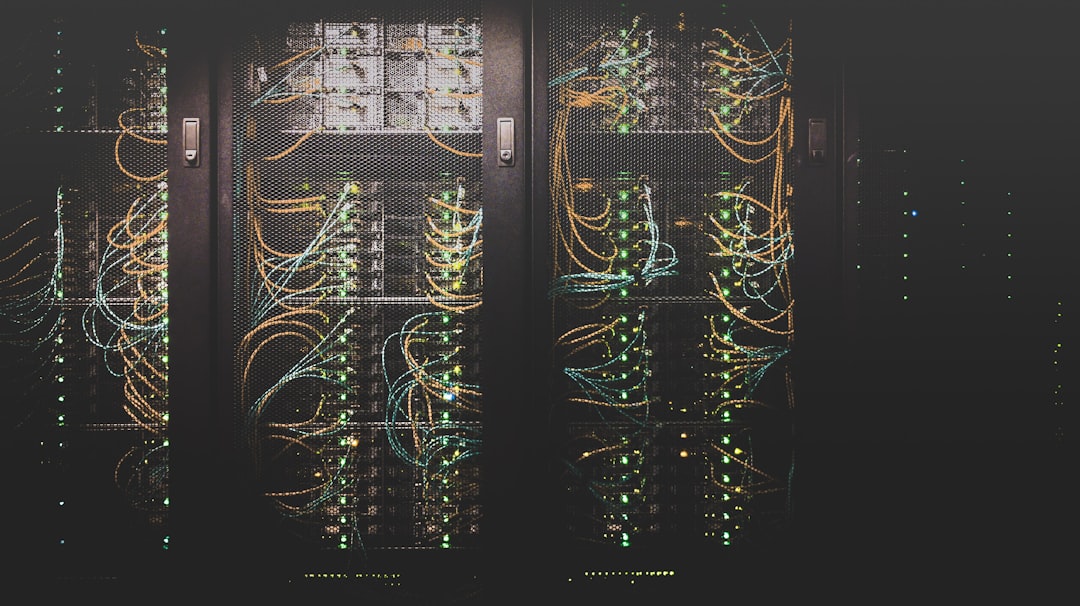In the vast landscape of digital technology, servers play a crucial role in connecting millions of devices and facilitating the flow of information. From small businesses to multinational corporations, servers are the backbone of today’s digital infrastructure. But what exactly is a server, and why are they so important?
A server is essentially a powerful computer that is designed to manage network resources, process requests, and deliver data to other computers or devices connected to the network. It acts as a central hub, ensuring smooth communication between users and the services they require. Servers come in various forms, including dedicated servers, virtual servers, cloud servers, and more. Each type serves a specific purpose, but all contribute to the efficient functioning of the digital world.
One of the primary functions of servers is to store and retrieve data. Whether it is hosting websites, managing databases, or delivering files, servers ensure that information is available whenever and wherever it is needed. By storing data in a centralized location, servers make backup and disaster recovery processes more manageable. This is particularly important for businesses, as data loss or downtime can have severe financial and reputational consequences.
Servers also enable collaboration and remote access. With the emergence of remote work, having a robust server infrastructure is more critical than ever. A well-configured server allows employees to access files and applications from anywhere, increasing productivity and flexibility. Additionally, servers facilitate real-time collaboration by providing a secure platform for teams to share data, communicate, and work together on projects.
Another significant function of servers is hosting websites and online applications. When you access a website or use a web application, it is the server that delivers the content to your device. Without servers, the internet as we know it would not exist. From e-commerce platforms to social media networks, servers power the websites and applications that we rely on daily. They ensure fast loading times, secure transactions, and a seamless user experience.
Cloud servers have gained immense popularity in recent years due to their scalability and cost-efficiency. Instead of relying on physical servers located on-site, businesses can utilize cloud servers offered by third-party providers. With cloud servers, companies can quickly adapt to changing demands, scale their resources up or down, and only pay for the resources they actually use. This flexibility not only reduces costs but also ensures high availability and performance.
Finally, servers play a vital role in data security. As cyber threats continue to evolve, server security has become a top priority for organizations. Servers are equipped with sophisticated security measures to protect sensitive data and prevent unauthorized access. Firewalls, encryption, and intrusion detection systems are just a few examples of the security measures implemented to safeguard servers and the information they store.




